Showing results 481-488 of 488 for cast
Search results
-
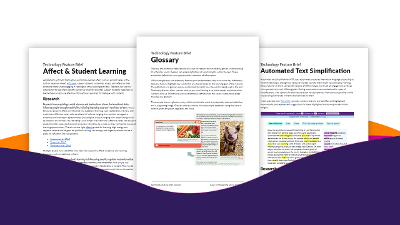
These briefs are designed for educators, developers, and researchers to find out more about particular features within technology tools, how they’re used, and whether they might be effective in addressing different barriers within a technology environment.
-
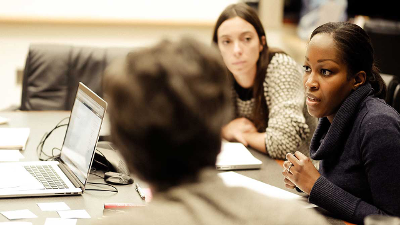
We're leading a field-building initiative to stimulate, support, and sustain best practices in UDL education program design, product development, and classroom instruction to meet the growing global demand for UDL as a design framework that recognizes variability among all learners.
-
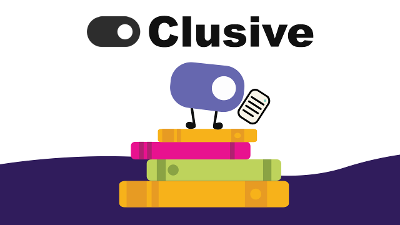
Clusive is an adaptive and accessible web-based reader designed to engage students in independent reading. Based on the inclusive principles of Universal Design for Learning (UDL), Clusive scaffolds the development of reading skills for students in grades 5 through 12.
-

UDL is found in many public policies in the U.S. around K-12 education, higher education, educational technology, and workforce development.
-
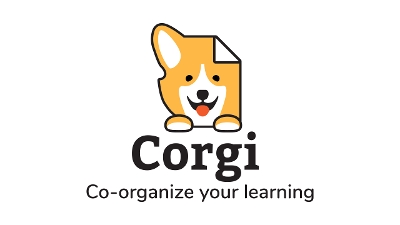
Corgi marks the next generation of graphic organizers, helping students co-organize their learning in a digital, Google App environment. We want to see every student build higher-order thinking skills and become an expert learner.
-
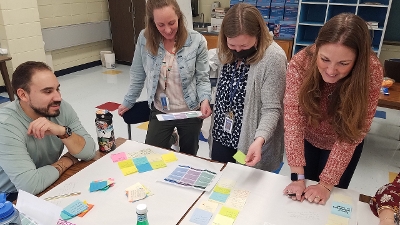
The New Hampshire Universal Design for Learning (NHUDL) Innovation Network is a multi-year job-embedded professional learning program for New Hampshire educators who are committed to empowering all learners.
-
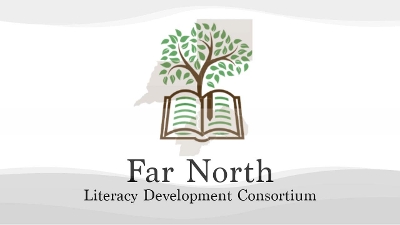
The Far North Literacy Development Consortium will focus on using Universal Design for Learning (UDL) to build teacher capacity for literacy instruction across disciplines.
-
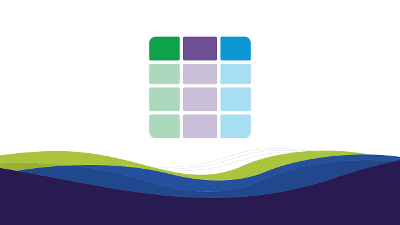
The Young Adult Advisory Board will support and inform the process of reenvisioning the UDL Guidelines through an equity lens by centering and amplifying the experiences and perspectives of young people. The Board is comprised of young adults ages 18-22 who are eager to share their ideas for how to create more equitable learning environments through the dimensions of race and ethnicity, gender and sexuality, socioeconomic background, language, disability, and/or citizenship and nationality.
